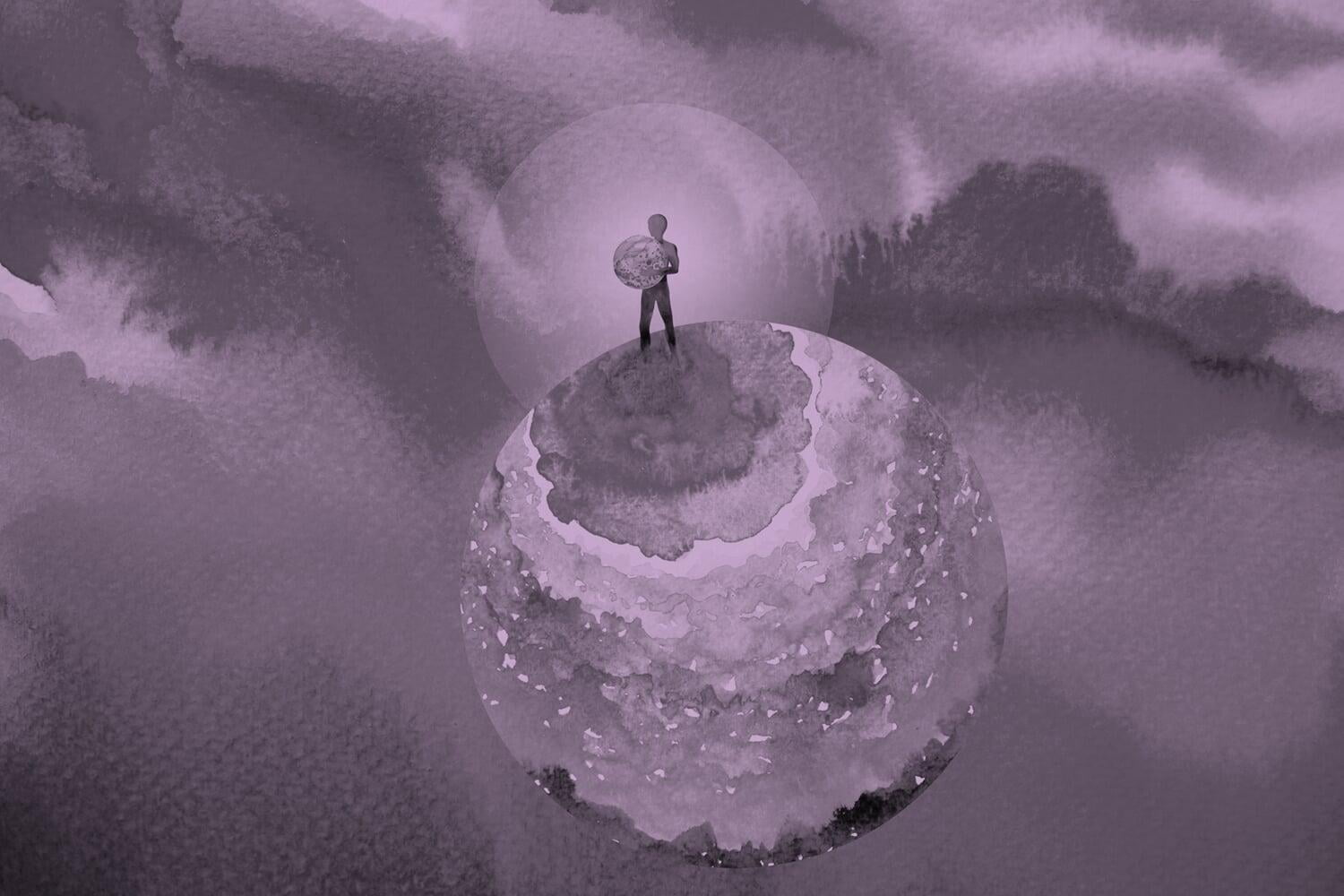
The Pathway to Excellence | Live | Home Life and Finance
Accommodation
We need to build secure accommodation for ourselves and our loved ones – how we select a safe and potentially happy place that we can call home and establish the lifestyle, routines and physical appearance that will give us a sense of belonging.

It may seem obvious, but we all need a place where we can live and feel as though it is home. Our most basic needs involve shelter, safety and security; a place to live which provides this is essential for all of us to be able to thrive. What this looks like in physical form is a matter of culture and taste – everyone has different opinions about what this looks like and what might go into the construction of such a place.
In the same way, some of us are naturally tidier than others. Yet all of us need to be prepared to attend to the basic domestic duties required to keep order in our homes, in the same way we need to be prepared to clean up after ourselves. The willingness to do so indicates the way in which we are prepared to take responsibility for ourselves and our impact on those around us. We do this to show our respect for others, just as much as we do to take pride in our own environment.
If we can look after ourselves and our things, then are more likely to be able to take on greater responsibilities. The discipline involved with chores is something we usually learn in family life, although this will be introduced gradually. The older we get, the more we will be expected to do, so as to contribute our fair share of the responsibilities that come with adulthood. It is pretty normal to find this irksome at least at first. It involves committing our routines to cleaning up, often when we may not have caused the mess ourselves. We need to keep the place secure for the safety of all within and their possessions. We need to anticipate dangers that might emerge from the use of water, fire, and others hazardous materials, including those that might pose a risk of harm to children.
“What is home? My favorite definition is "a safe place," a place where one is free from attack, a place where one experiences secure relationships and affirmation. It's a place where people share and understand each other. Its relationships are nurturing. The people in it do not need to be perfect; instead, they need to be honest, loving, supportive, recognizing a common humanity that makes all of us vulnerable.”
Gladys Hunt
Many of us learn in time to enjoy the discipline and come to appreciate the positive influence that orderly surroundings have on our wellness more generally. It is also an indication of our creation of a social context that is conducive towards the wellness and enjoyment of others. It shows other people we care about them and that we care about ourselves. It is an important social signal. In this way, creating a well-kept home is not simply about cleanliness and tidiness, important as these perhaps unglamorous fundamentals may be in their own right. It is also about how we create a space that helps us to attend to our higher order needs. We can have somewhere into which we can invite company and build a shared place that is indicative of our desire to build relationship and, in due course, family. Therefore, the safety and security of our accommodation is not just physical. It is also social. It is a place where the connections and feelings of those within it are as secure emotionally as they are physically.
The highest order of our needs is about our own growth and development. On The Pathway to Excellence, we recognise that if we feel as though we belong, we are more likely to fulfil our potential. If we belong and are accomplishing our goals, then we are more likely to do that which is good and right. In the same way, if we make our accommodation physically secure and orderly, then we know that we are more likely to welcome positive relationship into this space. When we have physical and social security, we are more likely to be able to engage in activity in the space which is transformational. We go from a place which is purely transactional to one which is transformational, where we can do the things we need to do and they contribute to the character, competencies and wellness that we need to succeed in our lives.
In some cultures, we stay in the homes of our birth families until we are ready to begin our own families. In other cultures, we move from our family homes and spend a period of time living in the company of other friends and acquaintances. Often, this will help us to learn to live in company through shared housing until we are ready to go off on our own or to pair up with a partner and start a family of our own. This can be a way to gradually take on more responsibility before committing to the one investment that will, for most of us, be the most important of our lives – our family home. There are many new and very adult skills we will need to learn to enable us to do this with success and most of us manage, in time, to find a place and a way of life to go with it that suits our needs, our personality and our temperament. It is the most ordinary and most significant of the adventures of our lives.
We can contemplate the security and stability of our Accomodation by considering the following questions:
- Am I a good housekeeper and do I take care that my living conditions are healthy and conducive to my living and learning?
- Am I considerate of my family and neighbours and do I strive to be a good member of the community in which I live?
- Are my personal safety and wellness prime considerations in choosing an area or building in which to live?
- Would I be careful to assess whether the arrangement would be right for my personality and goals before deciding to live with others in shared accommodation?
- Am I aware of the legal rights and obligations when renting accommodation and would I always check that I am fully protected before agreeing to anything?







